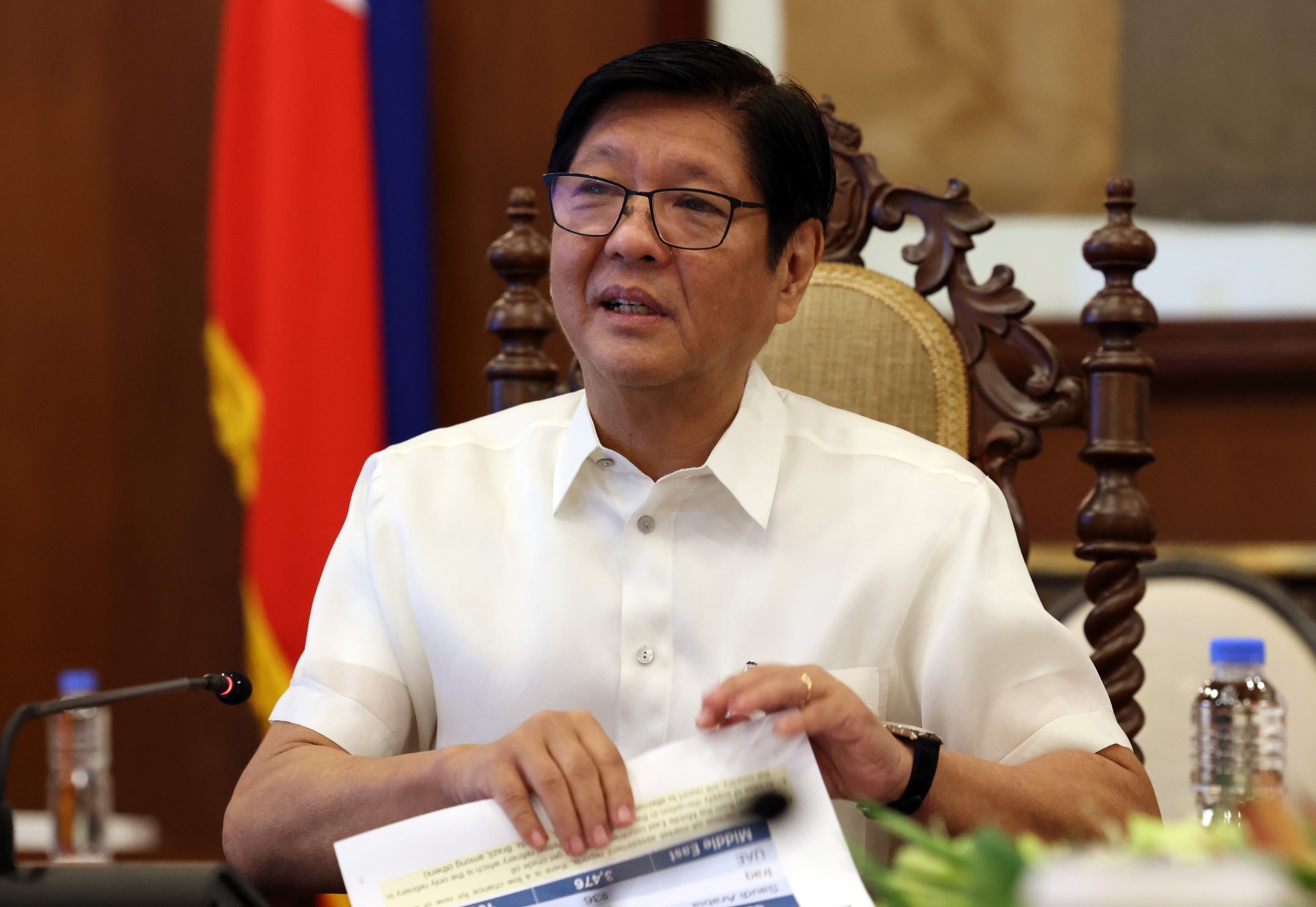President Marcos tasked government agencies to prepare for the "eventual manufacture" of electric vehicles in the country.

Marcos, according to Energy Secretary Raphael Lotilla, wants government agencies to work on the continued electrification of the transport sector, particularly mass transport and light cargo vehicles.
"The President also emphasized the need for preparing the economy for the eventual manufacture of electric vehicles in the country," Lotilla said in a Palace briefing on Tuesday, Oct. 24, following a sectoral meeting with the President.
Lotilla said Marcos has once again pointed out the need to shift to electric vehicles amid the rising prices of fuel.
"So the President gave emphasis on the need, one, for having the charging stations in place; second, to make sure that the benefits to the transport sector, particularly the drivers, will indeed be there," the Energy Chief said.
"Because right now, just from a fuel standpoint, the estimated difference between electric vehicles running per kilometer and those that are internal combustion engines using gas and diesel is quite significant," Lotilla underscored.
The Energy Secretary cited that for those using gasoline spend P5.30 per kilometer run and those running on diesel spend P4 per kilometer run but for the light duty electric vehicles, it only ranges from P1.26 to P1.90 per kilometer.
"Of course, these are based on assumptions of the cost of gasoline at P70 per liter and the cost of diesel at P66 pesos per liter," Lotilla added.
Marcos has also ordered that the manufacturing of electric vehicles be linked up with the local mining sector that will produce the minerals needed for the production of batteries and other components of electric vehicles.
Last week, the President said "it is only sensible that we encourage the shift to electric vehicles" given the volatility of oil products in the world market.
He also cited the promotion of the use of electric vehicles as among the measures of the government to uphold the Philippines' commitment under the Paris Agreement.
Under the treaty, the country pledged to a projected greenhouse gas emissions reduction and avoidance of 75 percent for 2020 to 2030 in agriculture, wastes, industry, transport, and energy.
READ MORE: Marcos boosts shift to electric vehicles amid high fuel prices